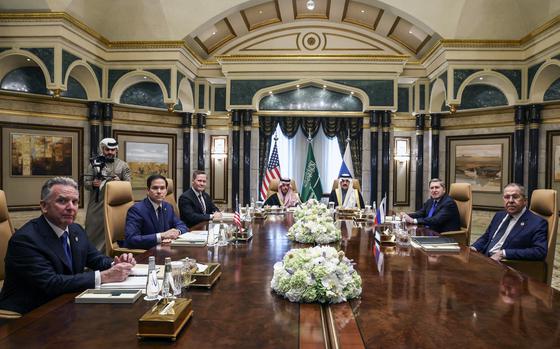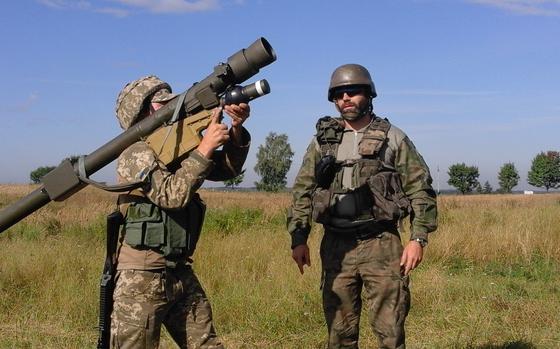How to enhance military members’ health and performance? Address lifestyle behaviors.
By prioritizing and investing in evidence-based lifestyle education now, we can begin to enhance our service members’ readiness, lower health care costs and ensure the brave individuals who protect us are physically and mentally prepared to complete the duties we ask of them.



.jpg/alternates/LANDSCAPE_560/3898669%201.jpg)











